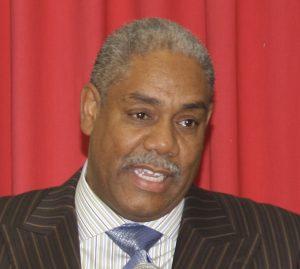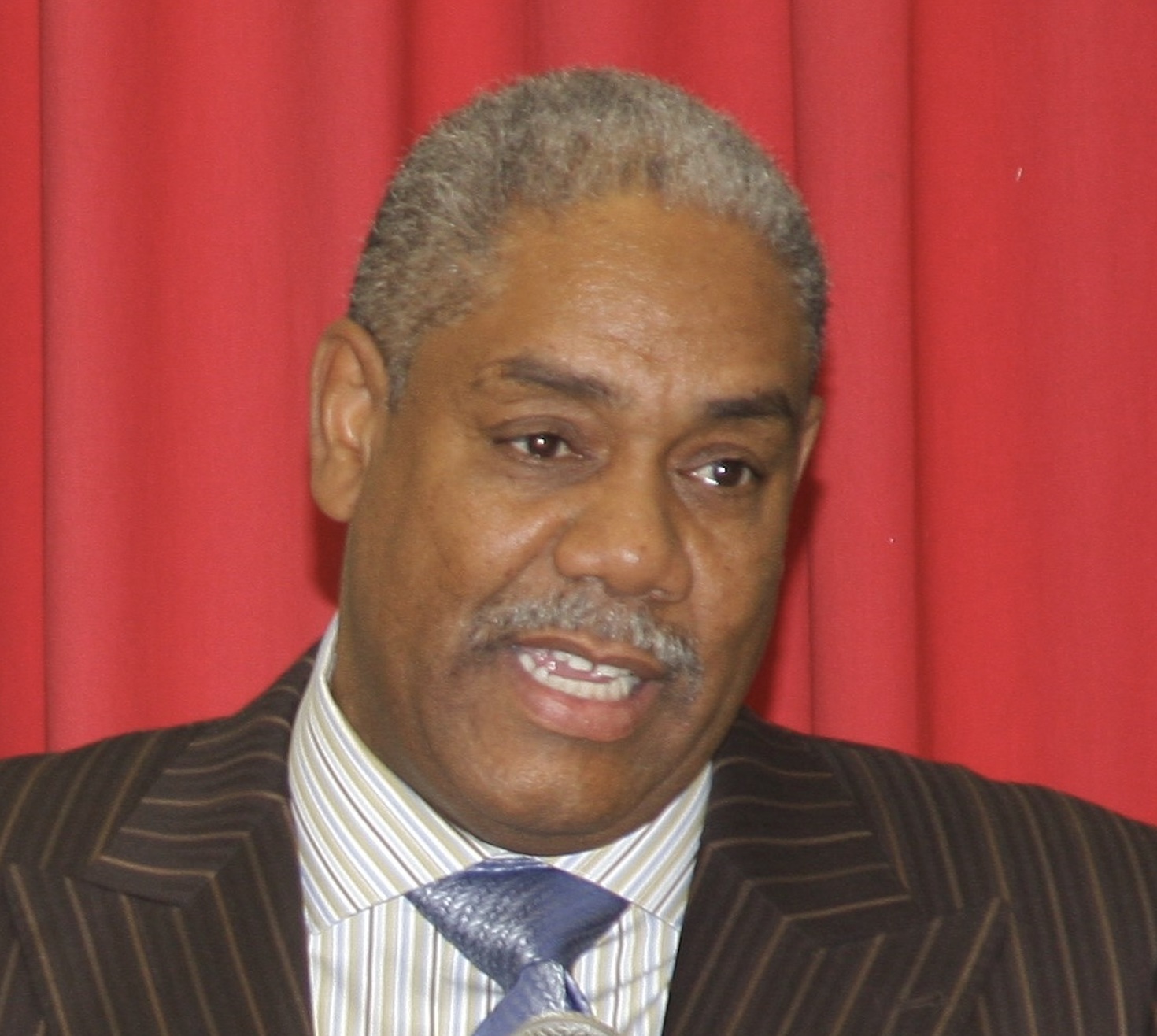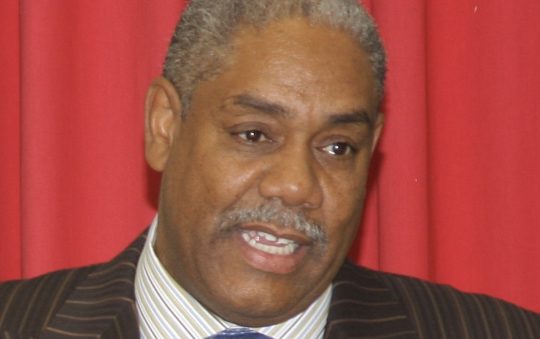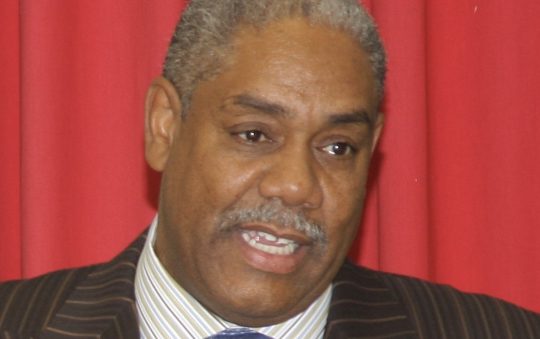
Last week, my team and I had the pleasure of visiting nine southern cities which included Jackson, MS, Little Rock, AR, Charlotte, NC, Greenville, SC, Atlanta, GA, Houston, TX, Birmingham, AL and Fort Lauderdale, FL. Our goal was to go into each of these cities and partner with local Black organizations to educate our people and to address the issue of small cell lung cancer (SCLC) and to hopefully get our people involved in a new clinical trial to treat the disease.
We are working to educate the Black community on two studies, ASTRIDE and 302. Both are clinical trials for adults with SCLC. Why two studies? I’m so glad you asked. Cancer stages are based on the growth and spread of cancer cells. Staging helps doctors decide which treatment options may be best.
For instance, Limited-Stage (LS) SCLC is present on one side of the chest in the lung, and Extensive-Stage (ES) SCLC has spread (metastasized) to both lungs and/or other parts of the body. Most people with SCLC have extensive stage disease at diagnosis. Six years ago, my mother was diagnosed with Extensive-Stage (ES) small cell lung cancer. For that reason alone, I have a vested interest in doing all that I can do to both educate my community as well as recruit Black people to get involved in this clinical trial.
New treatments are being researched for SCLC because most LS-SCLC is treated with both chemotherapy and radiation. Right now, LS and ES-SCLC are being treated with chemotherapy or a combination of chemotherapy and immunotherapy. Although this treatment usually works well at first, the cancer often returns quickly, and the next treatment generally does not work as well. Doctors and scientists are constantly looking for new treatments that are more effective and more tolerable to preserve quality of life.
Now, let’s get this out of the way and before you start tripping thinking, “Oh, Tony Wafford done sold out to the man.” Negro, please! I am well aware, probably more than you, of the devilish practices that went on in medical research in the past. So, you don’t need to tell me about the negative history of the medical community and Black folks; I know all about it from Tuskegee to Henrietta Lacks.
I’m also cognizant of medical racism, issues that we as a people deal with on a daily basis just trying to go to the doctor. I know what it’s like after getting the courage to go to the doctor, and you tell him/her what’s going on with you. After you tell them what’s hurting and where, and—here it comes, “that look” from your doctor trying to dismiss your pain. Assuming that you’re just saying that you’re in pain in an attempt to get some drugs; thinking all we really want to do is to get high.
Then brothers and sisters, when you add to that, having to deal with woefully ignorant physicians operating out of their prejudice, believing that we as a people have a higher threshold and tolerance for pain than other cultures, and we end up suffering unfairly and unjustly.
I understand all the barriers and challenges that we face just trying to go to the doctor to receive treatment. Barriers from lack of transportation, no insurance, under insured, cultural barriers, as well as language barriers. Just trying to navigate that whole system can be daunting at best and a pain in the butt at its worse.
So, is there any wonder why so many of our people are just clinging on to homemade remedies and hope that our Bible will help us find the cure and the answer to our health problems? Yes, God is responsible for our healing Black people, but we are responsible for our health.
So, it’s not the clinical trials that bothers me the most, it’s that fact that as a people, we are being left behind when it comes to clinical trials! What bothers me is that we are 14% of the US population and yet we only represent 4% of the almost half a million clinical trials going on in this country—that’s what bothers me.
What bothers me is that 75 years ago, Dr. Martin Luther King, Jr. said, “Of all forms of discrimination and inequalities, injustice in health is the most shocking and inhumane”, that’s what bothers me. What’s shocking and sad to me is that as a community, we’re not taking advantage of all the lifesaving treatments and clinical trials available to us.
You do know that for most medications to respond properly in our people, we need adequate representation in clinical trials during the development of medications. Sad to say, but most of the medication that we’re taking has, for the most part, been proven to be most effective in white people (mainly white men). So, this speaks volumes of the importance of our participation in the development of medication.
What’s even sadder than all of this is—we as a people have historical amnesia and don’t realize, celebrate, and support all of the wonderful and brilliant Black men and women who have matriculated through medical school; providing a seat at the table of medical research, working on the development of clinical trials, sitting at these tables to ensure that Black people aren’t on the medical menu.
I’m leading by example! I’m currently enrolled in a clinical trial for Alzheimer’s. It’s easy to talk about clinical trials, but it’s even more important that you join and get involved in clinical trials for yourself and future generations to come.
So, I challenge all of you reading this, if you know anyone dealing with small cell lung cancer, encourage them to reach out to us via email at info@ichoose-life.com or call us at (323)
405-8392 and we would be happy to share more information.







